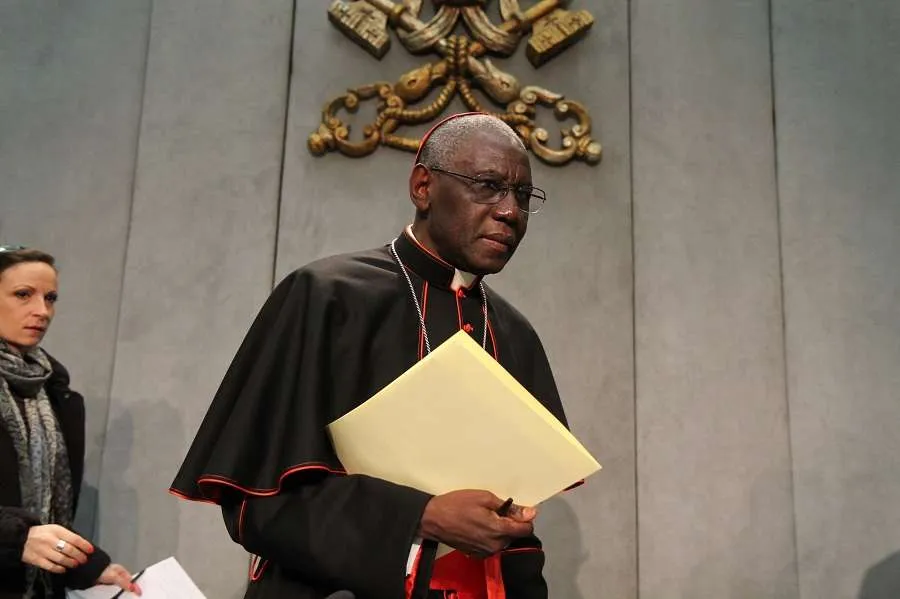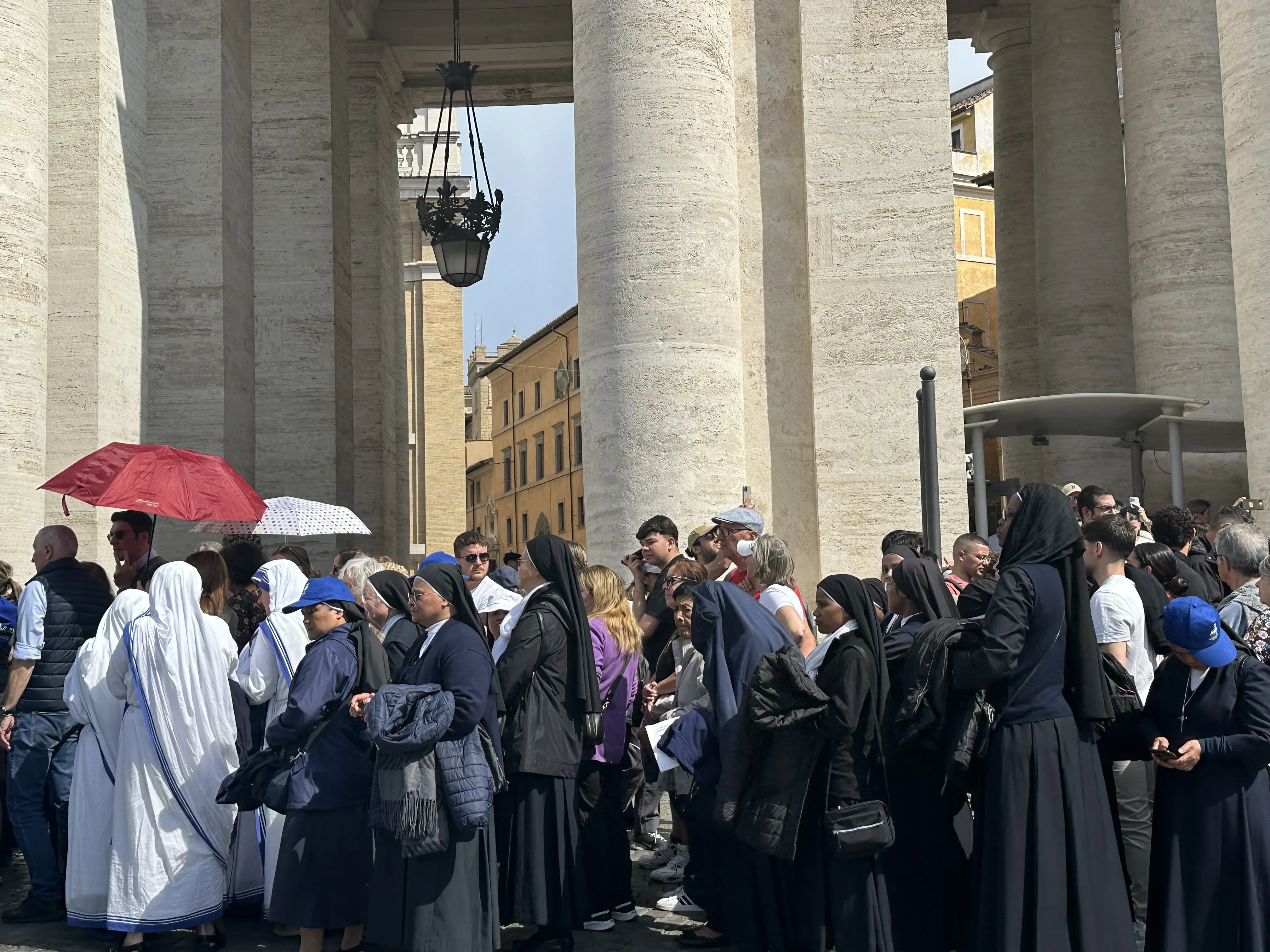“Of course, I have suffered during this period, I felt the attacks against Benedict XVI very strongly. But deep down, I was especially hurt to see how hatred, suspicion and division have invaded the Church on such a fundamental and crucial issue for the survival of Christianity: priestly celibacy,” he added.
He said he regretted that there had been little discussion of what he considered the most important part of the book: the argument for the renunciation of material goods on the part of priests, and reform based on holiness and prayer.
“Our book was meant to be spiritual, theological and pastoral. The media and some self-proclaimed experts have made a political and dialectical reading of it,” he argued. “Now that the sterile polemics have dissipated, perhaps we will be able to really read it? Perhaps we will be able to discuss it peacefully?”
On the subject of the renunciation of goods, the cardinal also invited priests and bishops in Germany “to experience poverty, to renounce state subsidies.”
“A poor Church will not be afraid of the radicality of the Gospel. I believe that often our ties to money or secular power make us timid or even cowardly to proclaim the Good News,” he asserted, saying he believed that the German Church’s wealth tempted it to “change Revelation, to create another magisterium.”
(Story continues below)
Addressing the so-called synodal process in Germany, he said he had the impression that “the truths of the faith and the commandments of the Gospel are going to be put to the vote.”
The interview also addressed the 2019 Amazon synod. Cardinal Sarah said some of the negative reactions after the publication of Pope Francis’ apostolic exhortation Querida Amazonia made it clear “the distress of the poor had been used to promote ideological projects.”
“I would like the synods to be more times of common prayer and not an ideological or political battlefield,” he noted, explaining that “the unity of the Church is based first of all on prayer.”
“If we do not pray together, we will always be divided,” he said.
Sarah also expressed the desire for the life of the Roman Curia to be further marked by a common life of prayer and adoration.
“I would like the life of the whole Church to be primarily a life of common prayer. I am convinced that prayer is our first duty as priests. From prayer will come unity. From prayer comes truth,” he said.
Cardinal Sarah called the crisis in the Church “a crisis of faith and a profound crisis of priesthood.”
But, he said, Vatican administration is not the center of the Church.
“The center of the Church is in the heart of every man who believes in Jesus Christ, who prays and worships. The center of the Church is at the heart of the monasteries. The center of the Church is above all in each tabernacle because Jesus is present there,” he said.
The Church is there to witness to the truth, he concluded. “Christians will always be unworthy of this mission, but the Church will always be there to witness to Christ.”
Hannah Brockhaus is Catholic News Agency's senior Rome correspondent. She grew up in Omaha, Nebraska, and has a degree in English from Truman State University in Missouri.








